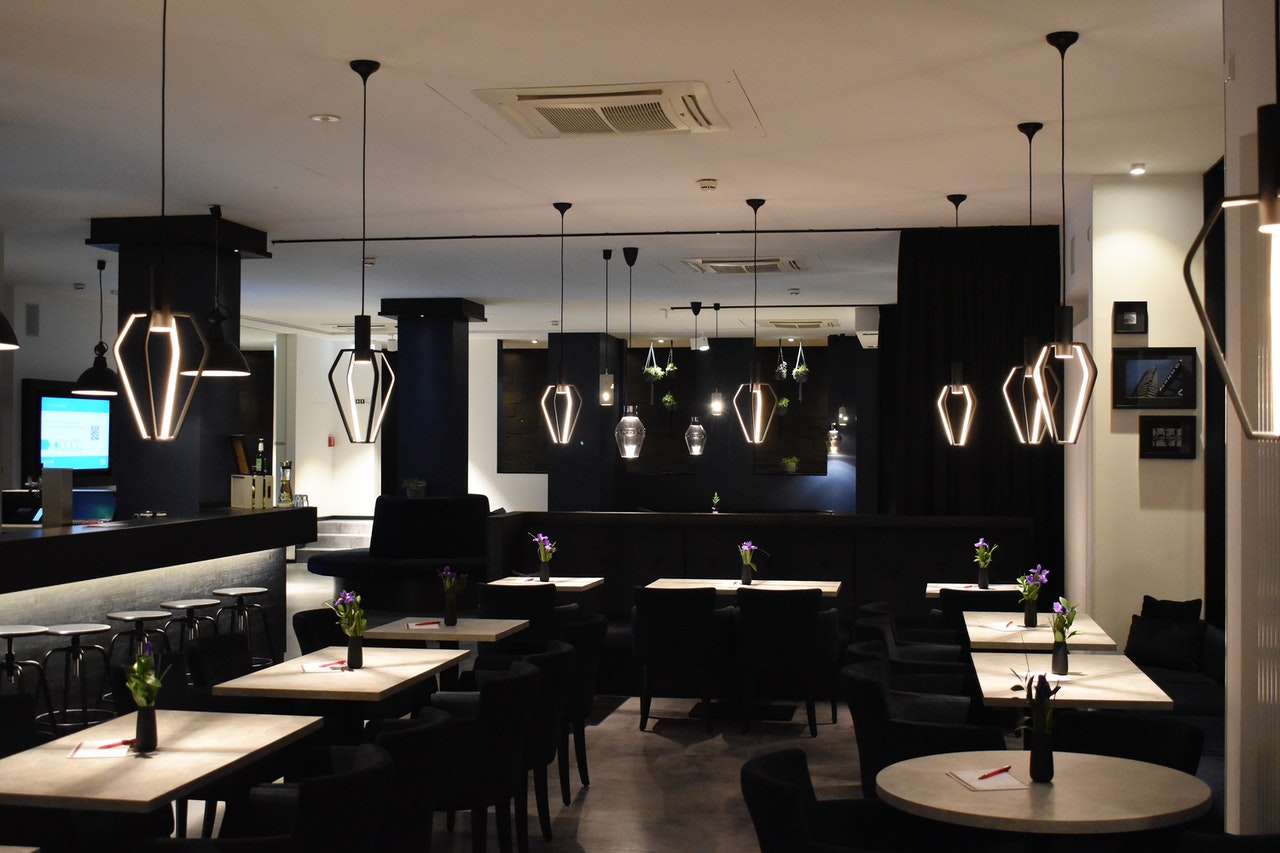Businesses in the metro area have endured a year of pandemic-related impacts. And while some industries will take many more months (or longer) to recover, others have survived or even thrived under these challenging circumstances.
That’s according to a COVID-19 special report from the Metro Denver Economic Development Corporation (Metro Denver EDC) called “Resilience & Recovery.” Part of the Metro Denver EDC’s annual release of its Industry Cluster Studies, “Resilience & Recovery” offers a snapshot on how the COVID-19 recession impacted the Metro Denver economy over the last year. The report provides analysis and illustrations on each of the nine industry clusters tracked by the Metro Denver EDC: Aerospace, Aviation, Bioscience, Broadband & Digital Communications, Energy & Natural Resources, Financial Services, Food & Beverage Production, Healthcare & Wellness and IT-Software. Further, it includes a contributed article from VISIT DENVER detailing how companies in the tourism and hospitality space, which have been most severely impacted by our response the pandemic, have navigated the downturn as well. The diversity of industries in the region has been both key to the EDC’s economic development strategy and to helping the community weather economic recessions.
“The efforts of our business community to diversify, grow and engage more people in our economy are paying dividends during this time of economic challenge,” said J. J. Ament, CEO of the Metro Denver EDC. “We entered the pandemic with the nation’s best economy, and while so many in our community have been negatively impacted by COVID, the foundation of our economy is strong and will recover.”
In 2020, employment declined in four of the nine industry clusters the EDC works to grow – Aviation, Broadband & Digital Communications, Healthcare & Wellness, and Energy & Natural Resources. Outside those industries, leisure and hospitality accounted for about 45% of the jobs lost in Metro Denver – with 80% of unemployment impacting low-wage workers. Yet, it’s not all bad news. The industry clusters that the Metro Denver EDC works to advance all outperformed U.S. employment growth, with the exception of Bioscience, which still saw positive growth. Further, Colorado is maintaining a higher level of labor force participation compared to other states and key industries like Aerospace and IT-Software continued to show positive gains.
More than 40 Bioscience companies in Colorado, along with academic and research institutions, contributed to the global fight against COVID-19. Examples include Boulder-based Biodesix, which developed two COVID-19 tests and had the capacity to run about 1,000 tests daily with results in 48 hours.
Of all jobs lost nationwide during the pandemic, 39% came from the tourism and hospitality industry. The Colorado Department of Labor and Employment estimates that employment in the sector will have suffered a 21% loss in 2020 compared to 2019 and that recovery in 2021 will only match 2014 employment levels.
At the same time, unique experiences as well as new products and infrastructure position Metro Denver to rebound and help drive the entire state’s economic recovery. VISIT DENVER anticipates that efforts to expand capacities in meeting venues to bring back group business, paired with an aggressive national marketing effort targeting lucrative summer travelers – as well as the region’s reputation as an active, outdoor city – will help to turn the tide following months of pent-up travel demand.
“Denver has dealt with fires, floods, depressions, recessions and now a pandemic, and each time we have faced tough times, we have emerged as a better, more resilient city,” said Richard W. Scharf, president and CEO of VISIT DENVER. “Tourism is important to our economy and, as a community, we will get through this together and be at the forefront of the recovery.”
Despite a message of optimism and a pledge from both organizations to get Metro Denver back to work, Ament reminded us that as we look ahead, our community must continue to encourage economic growth and job creation – and create policies that make recovery faster and better for everyone. “Any policy that makes it harder or more expensive to get a good job should be avoided. Any policy that makes it harder to hire or pay a new employee? Now’s not the time,” he added.
For full versions of the EDC’s 2020 Industry Cluster Studies, click here









